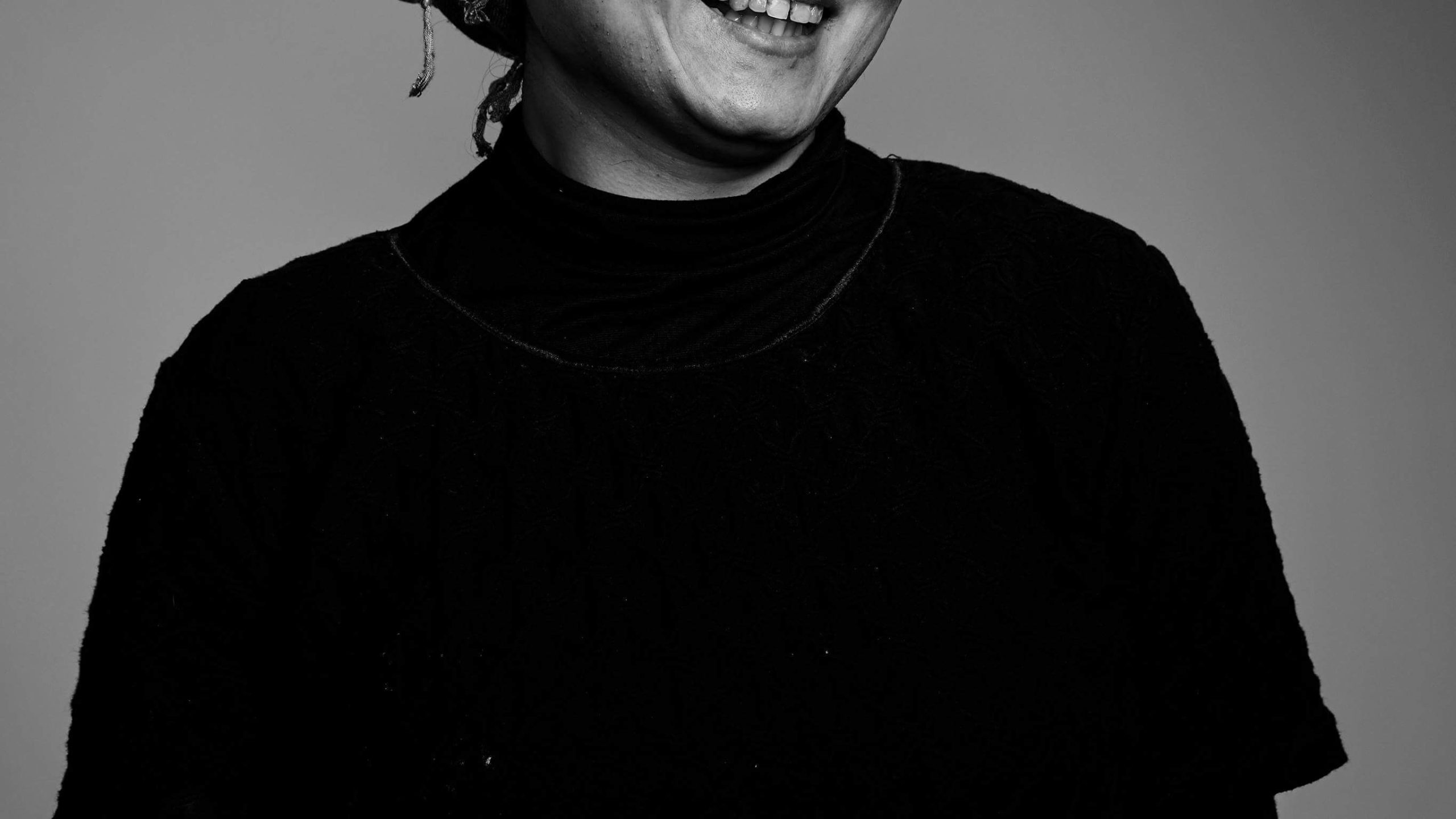Anoushé Husain, a competitive para-climber and Empower Conference panellist, has, by her own admission, experienced a lot of difficulties in her life. She was born missing part of her arm, is a cancer survivor and still lives with many other health conditions including Ehlers-Danlos Syndrome, a condition that leads to joints dislocating at will.
As a Muslim woman, Anoushé has also unintentionally stuck out from the crowd, but she has always refused to let society limit her potential. During her busy training schedule, Anoushé took a moment to speak with Women in Sport about empowering others.
Women in Sport’s research has highlighted the importance of influencers and their role in motivating women and girls to get involved with sport. In the case of Anoushé, the influence came from her parents who “always encouraged” her to get involved.
Anoushé admits that for some women and girls in her community, that encouragement isn’t at present: “I know my parents prioritised sports for my brother and myself. I also know they were quite outlying in that sense.
“A lot of girls in my community will do sport until they’re in puberty but after that it slows down. Maybe it’s something around modesty, maybe something around mixed classes, maybe it’s just culturally not a thing. Sometimes sport isn’t seen as a high priority, school is seen as a high priority.
“Sport just drops off for most of the girls and even most of the guys, actually. It’s just drops off aside from those that are really into it. It’s just a cultural thing really. I do a lot of work with organisations to try and change that culture but it’s a hard one to hit, even for me coming from that background.”
The initial encouragement from her parents led Anoushé to swimming, where she excelled. Eventually, she was told that to progress any further she would have to move to disability swimming which didn’t have a clear pathway to progress further. Her parents weren’t too happy with the idea, so Anoushé moved into martial arts.
However, her health started degrading and Anoushé was forced to leave the sport. She then had cancer. It was through the guidance of a friend she found climbing following her cancer treatment.
As an elite athlete, it would probably be expected that Anoushé had a role model who inspired her to get involved in sport, but she admits “I didn’t know any other people with disabilities when I was growing up.”
In fact, her inspiration came from a strong friendship group: “I have a good group of female friends, we’ve been friends for about 25 years plus now and one of them was the one who actually got me into climbing. In that sense she’s a role model because she’s the one who told me, ‘it’s OK to climb with one arm, it’s OK having had cancer, it doesn’t matter, just try’. She’s the one who made climbing accessible to me.”
The very absence of inspiring or empowering figures for Anoushé highlights the need for an increase in the visibility of women in sport, and in particular women with disabilities. However, she notes that the focus shouldn’t be on putting more elite disability sport, like the Paralympics, on television, it must be “grassroots”.
She explains: “With people with disabilities it’s a case of start covering it more. Cover grassroots disability sport. Don’t just cover the Paralympics because most people that have a disability will not relate to Paralympians, especially if they’re new to disability.
“The last thing a person in a hospital bed who has just lost their leg wants to hear is ‘oh great you will be a marathon runner just like…..who is Paralympian right now because he lost his leg too’.
“It’s not what they want to hear and it’s not what they want to be compared to. Every person with a disability whether born with or acquired during life has their own journey and their own barriers to face and if you’re only showing Paralympic sport or elite level sport in the media then you’re not going to get people taking it up and realising they can do it.”
On the topic of empowerment, she is decisive in her definition, saying: “Empower means making your own choice and giving yourself the opportunity to make your own choice.”
Anoushé continues: “All of the sport I’ve done has been relatively individual. With swimming and martial arts I was never in a team. I was part of a club or invited to the national team, but I was always an individual within the team. The same would be the case in climbing if I was ever invited to Team GB. That has not changed.
“My attitude towards the sport has changed. I will own it and that’s part of being empowered. It’s to own what you do. It’s to own the mistakes, own the failures. That is being empowered. It’s about owning the experience and owning the learning. If you’re going to get better, its only you that can do it.”
Anoushé will be part of the ‘Trailblazers’ panel at Women in Sport’s Empower Conference.

